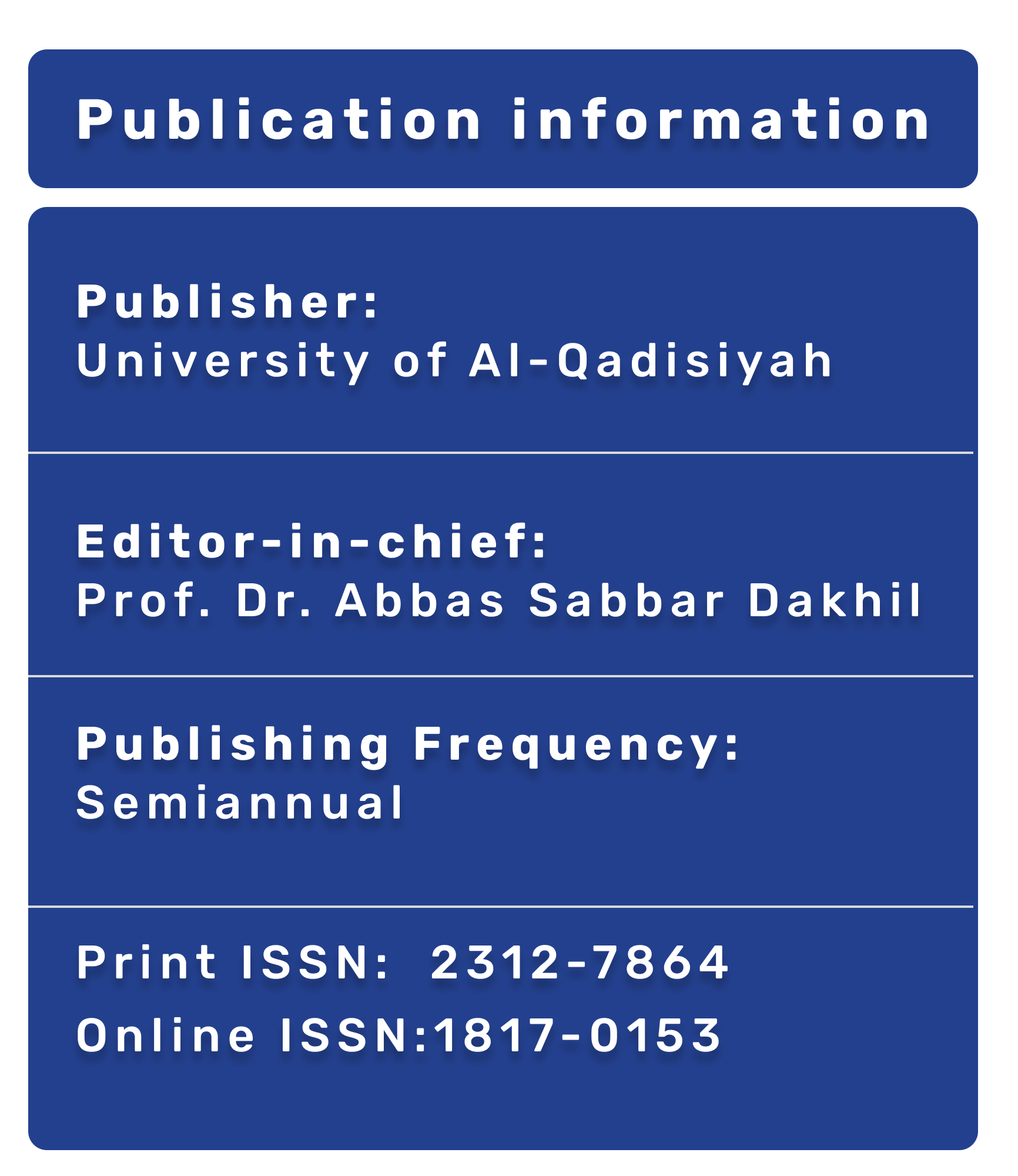The Study of the effect of serum zinc level in the mothers and Neonates on neonatal jaundice in al-diwanyia
DOI:
https://doi.org/10.28922/qmj.2018.14.25.61-69Keywords:
neonatal jaundice, serum zincAbstract
Background :
Zinc has a role in normal growth and development during pregnancy, childhood, and is needed for the proper sense of taste and smell. Studies on animals, adolescents and low birth weight neonates showed that oral zinc salt intake decreased serum bilirubin level, probably through inhibition of the bilirubin enterohepatic circulation.
Objective :
To study the effect of serum zinc level of the newborn and their mothers on neonatal jaundice.
Patient and methods
A case control study included a total 130, 65 with jaundice and 65 healthy neonates with their mothers. The study was carried out from May to October 2016 at ALhussein hospital for children in Al-Diwanyia city. For all neonates serum zinc, total serum bilirubin, hematocrit, blood group typing and Rhesus were carried out. Serum zinc for the mothers also was measured .
Results :
Serum zinc in jaundiced neonates was significantly lower than non jaundiced neonates (P<0.05). One hundred and nine mothers out of 130 mothers have low serum zinc. In multipara, zinc deficiency was more frequent in the mothers of both groups and P value (0.69).There was no significant difference was in mean serum zinc level when gestational age was taken into consideration (full term versus pre-term) (P>0.05).
Conclusions :
This study showed that serum concentration of zinc in neonates with jaundice was significantly lower than that in healthy control.








